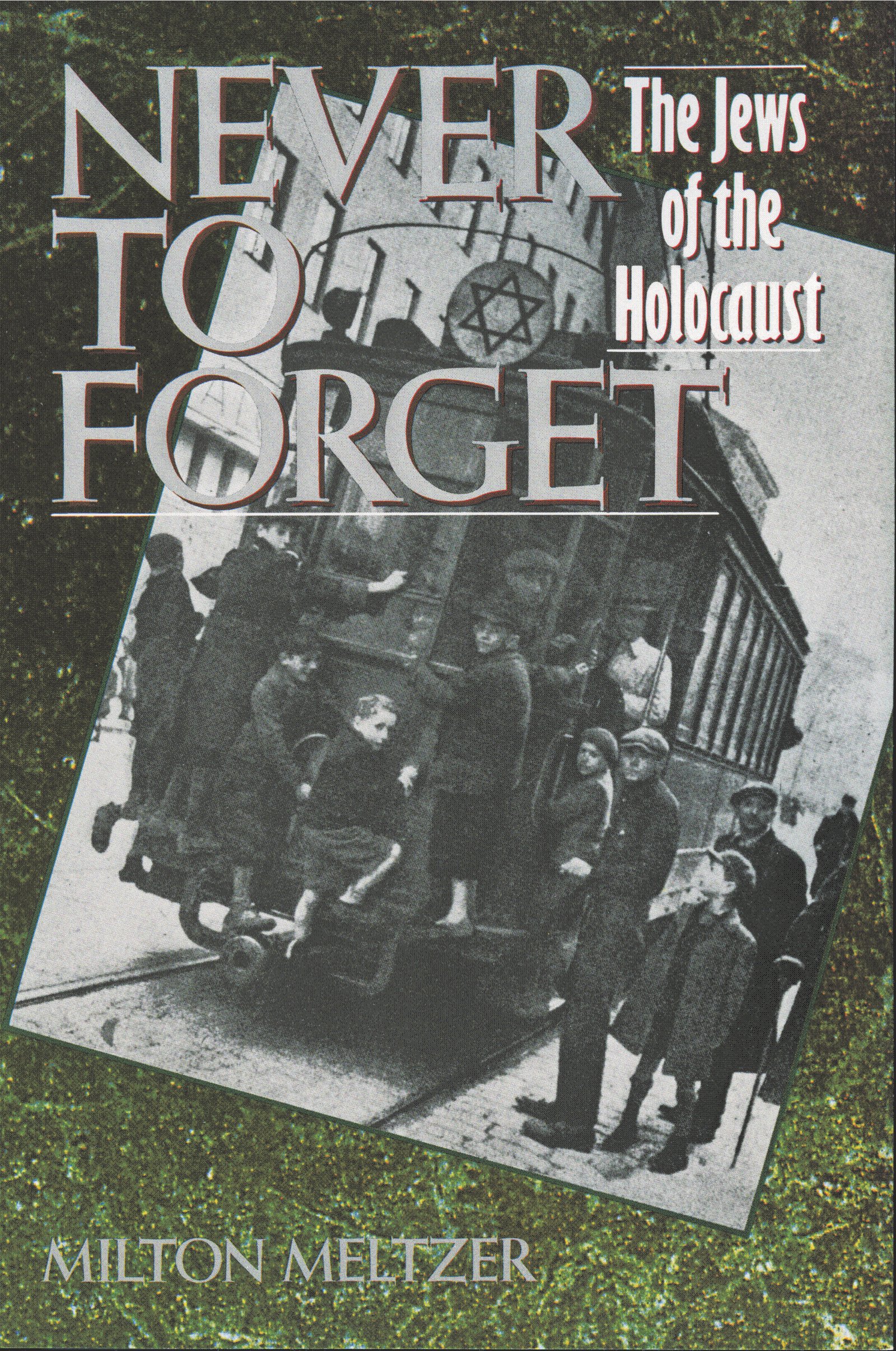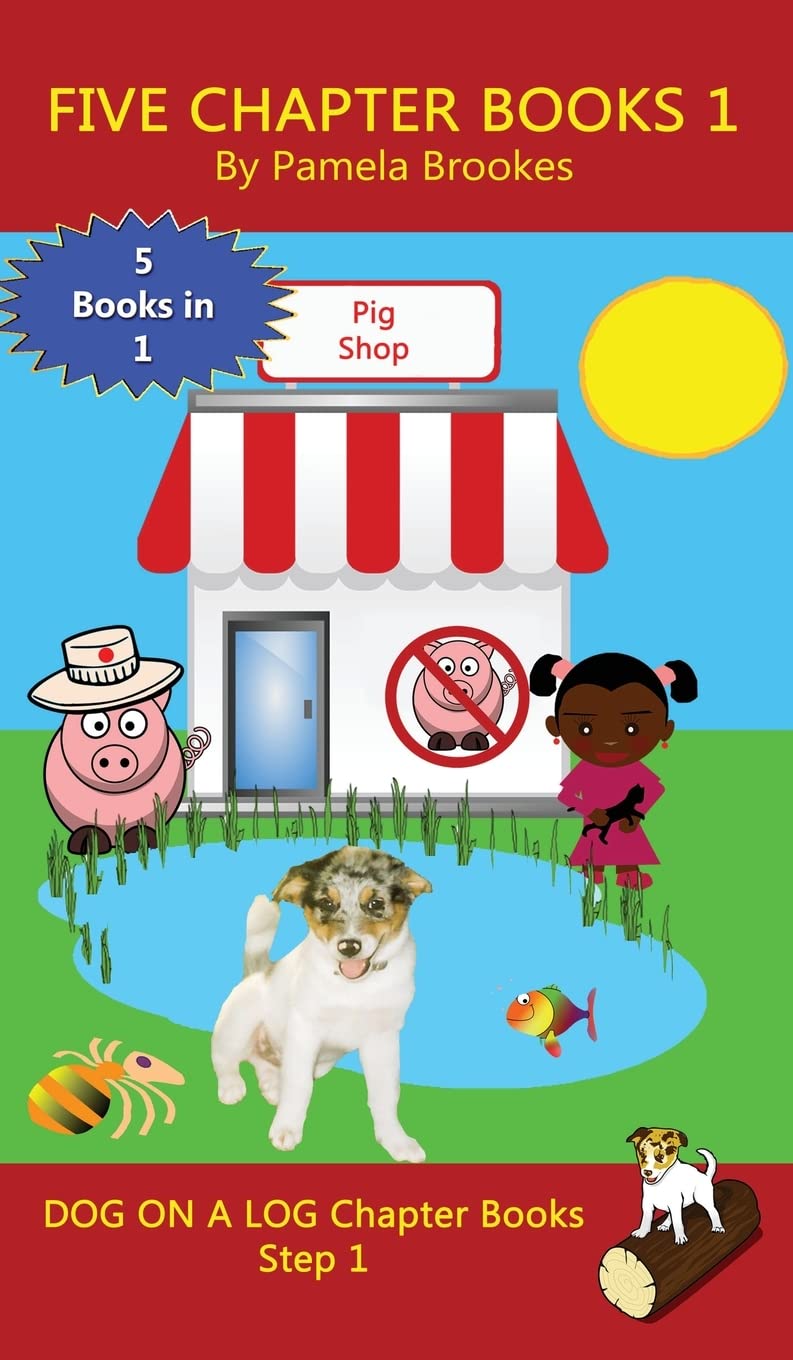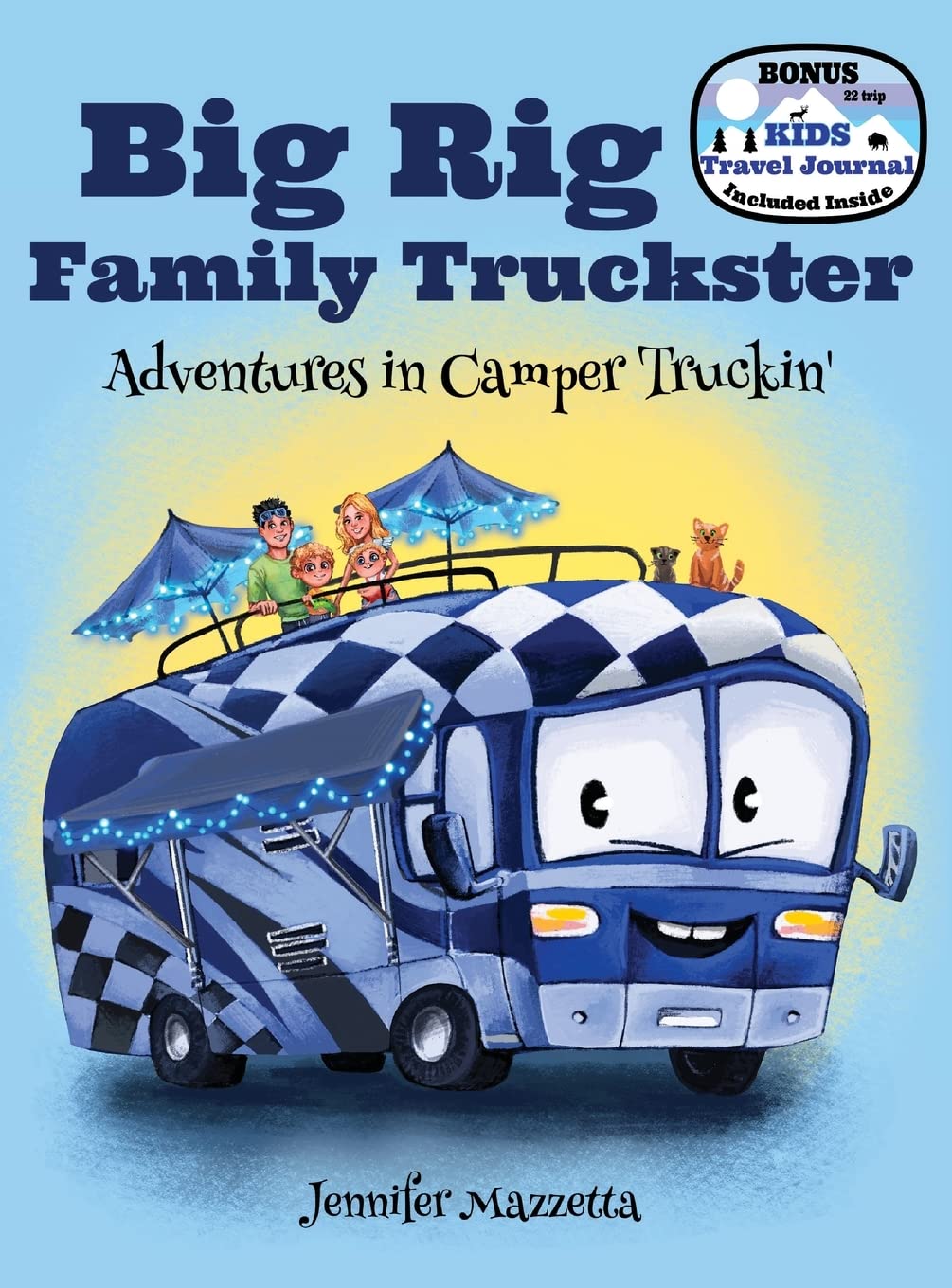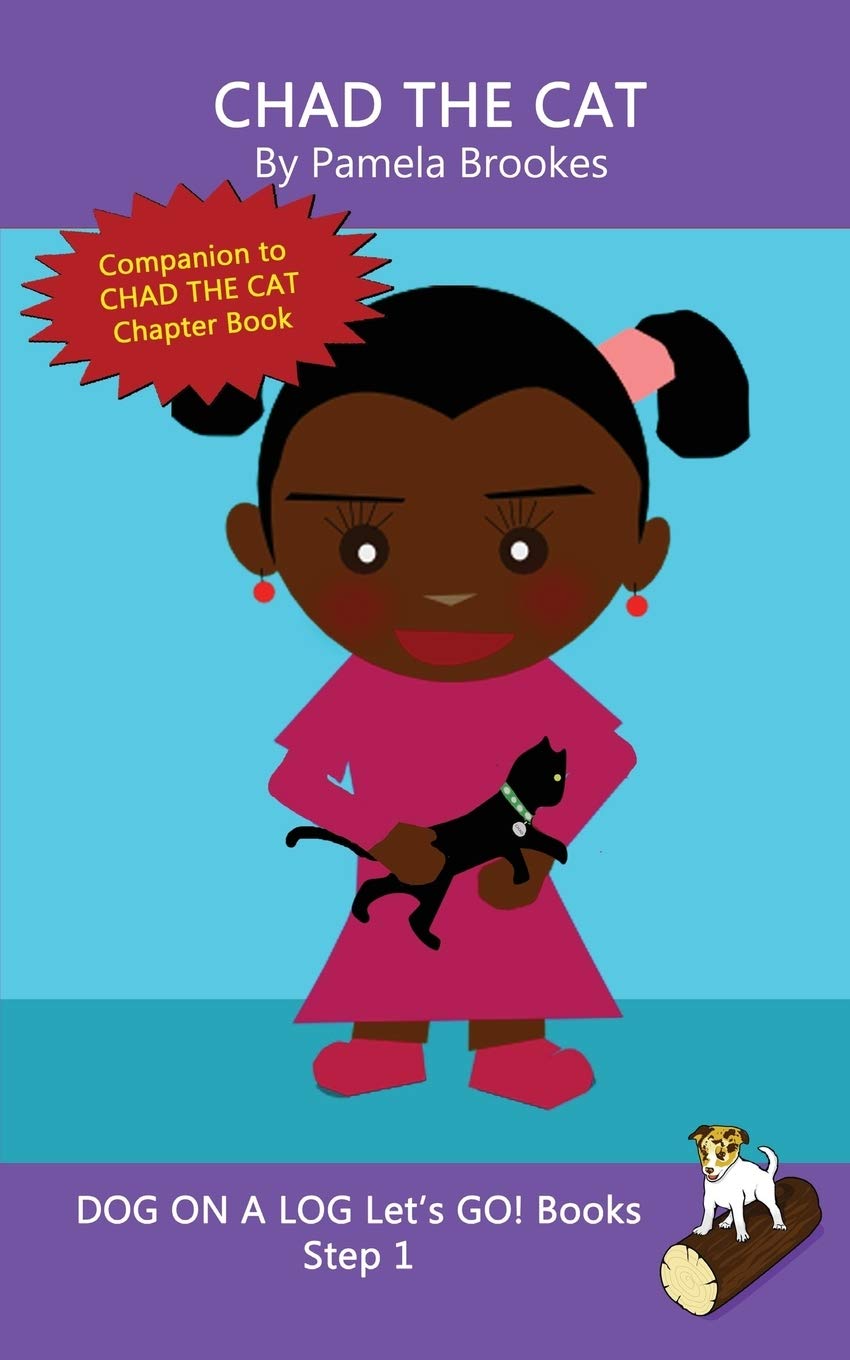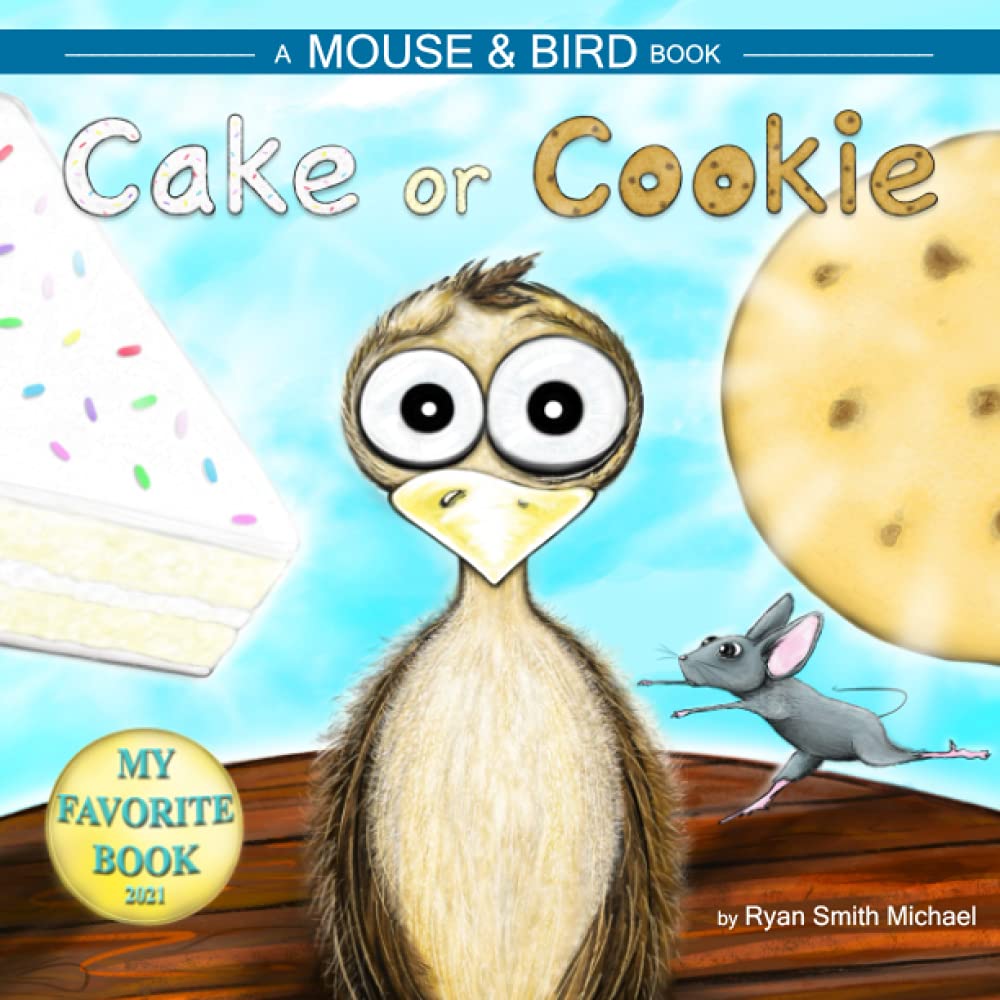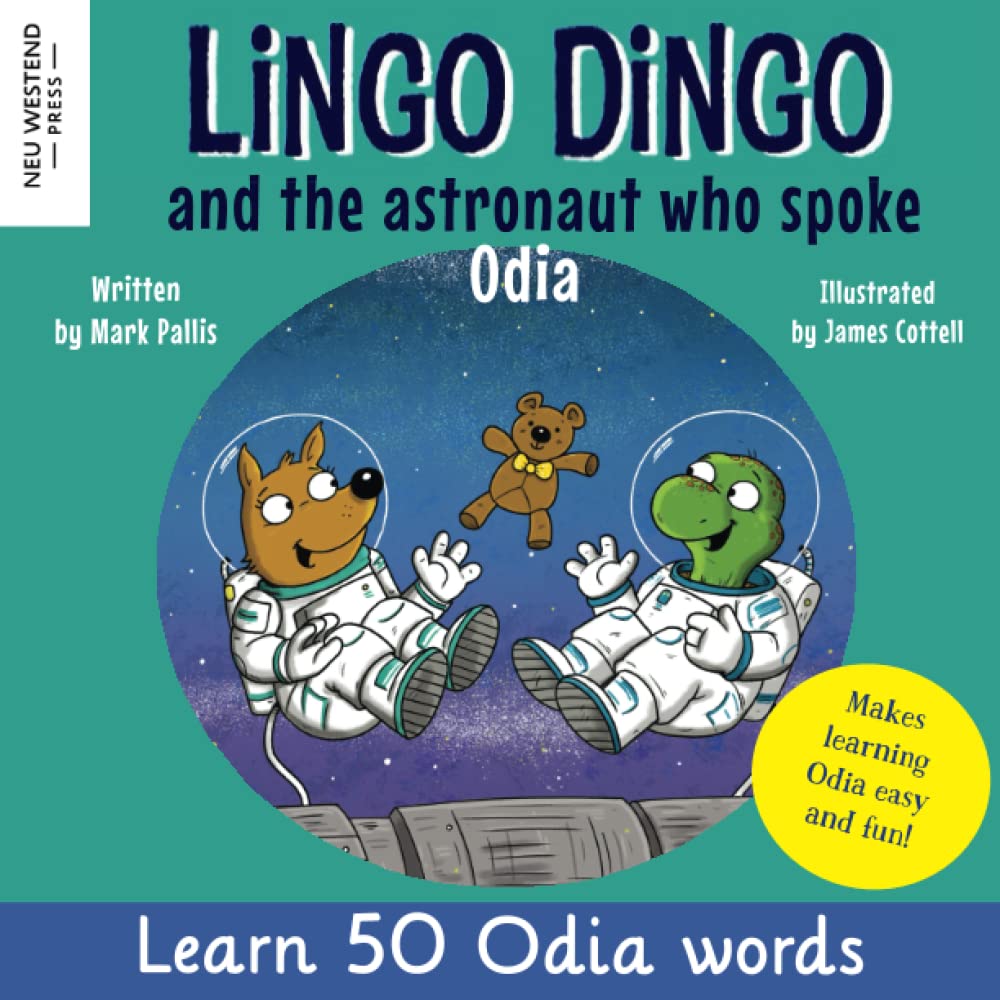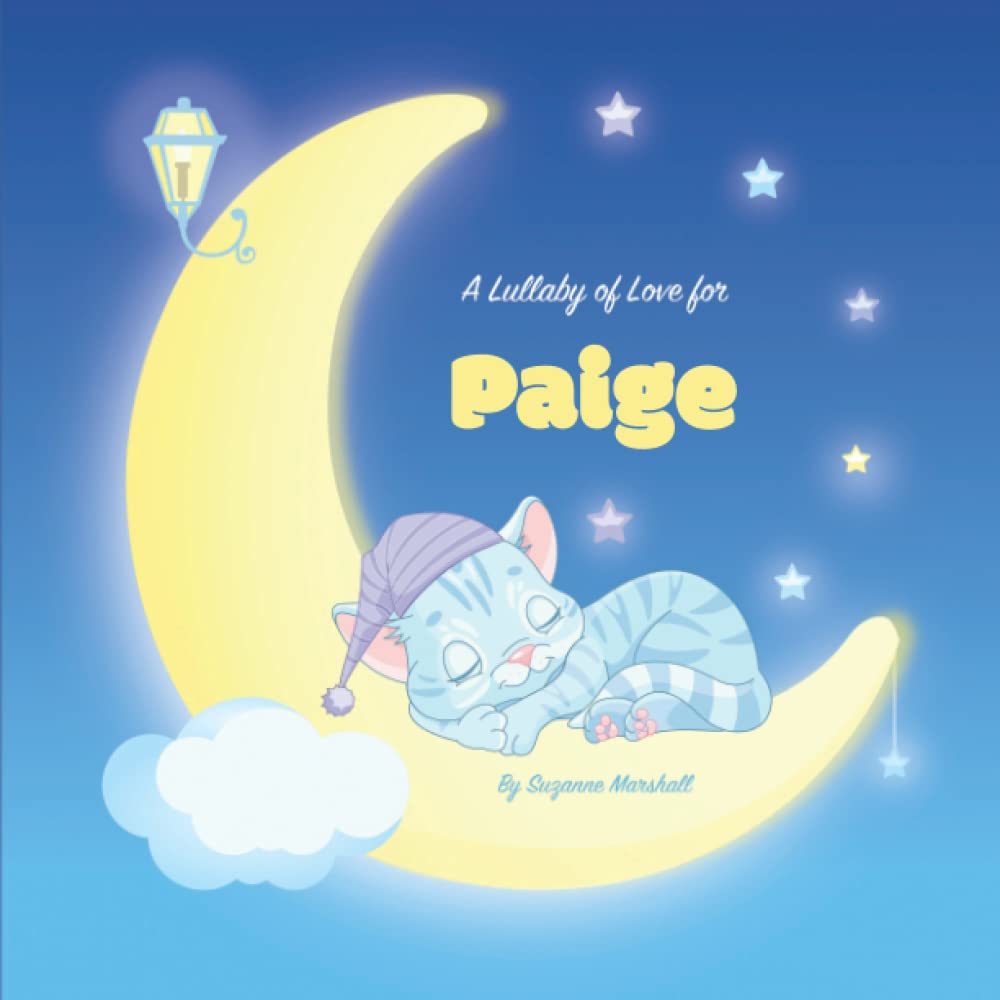Six million-- a number impossible to visualize. Six million Jews were killed in Europe between the years 1933 and 1945. What can that number mean to us today? We can that number mean to us today? We are told never to forget the Holocaust, but how can we remember something so incomprehensible? We can think, not of the numbers, the statistics, but of the people. For the families torn apart, watching mothers, fathers, children disappear or be slaughtered, the numbers were agonizingly comprehensible. One. Two. Three. Often more. Here are the stories of thode people, recorded in letters and diaries, and in the memories of those who survived. Seen through their eyes, the horror becomes real. We cannot deny it--and we can never forget. ‘Based on diaries, letters, songs, and history books, a moving account of Jewish suffering in Nazi Germany before and during World War II.’ —Best Books for Young Adults Committee (ALA). ‘A noted historian writes on a subject ignored or glossed over in most texts. . . . Now that youngsters are acquainted with the horrors of slavery, they are more prepared to consider the questions the Holocaust raises for us today.’ —Language Arts. ‘[An] extraordinarily fine and moving book.’ —NYT. Notable Children's Books of 1976 (ALA) Best of the Best Books (YA) 1970–1983 (ALA) 1976 Boston Globe–Horn Book Award for Nonfiction Best Books of 1976 (SLJ) Outstanding Children's Books of 1976 (NYT) Notable 1976 Children's Trade Books in Social Studies (NCSS/CBC) 1977 Jane Addams Award Nominee, 1977 National Book Award for Children's Literature IBBY International Year of the Child Special Hans Christian Andersen Honors List Children's Books of 1976 (Library of Congress) 1976 Sidney Taylor Book Award (Association of Jewish Libraries) "Nothing is evaded or scanted in this extraordinary fine and moving book. for our own souls' sake it is indispensable." -- -- The New York Times Six million-- a number impossible to visualize. Six million Jews were killed in Europe between the years 1933 and 1945. What can that number mean to us today? We can that number mean to us today? We are told never to forget the Holocaust, but how can we remember something so incomprehensible? We can think, not of the numbers, the statistics, but of the people. For the families torn apart, watching mothers, fathers, children disappear or be slaughtered, the numbers were agonizingly comprehensible. One. Two. Three. Often more. Here are the stories of thode people, recorded in letters and diaries, and in the memories of those who survived. Seen through their eyes, the horror becomes real. We cannot deny it--and we can never forget. ‘Based on diaries, letters, songs, and history books, a moving account of Jewish suffering in Nazi Germany before and during World War II.’ —Best Books for Young Adults Committee (ALA). ‘A noted historian writes on a subject ignored or glossed over in most texts. . . . Now that youngsters are acquainted with the horrors of slavery, they are more prepared to consider the questions the Holocaust raises for us today.’ —Language Arts. ‘[An] extraordinarily fine and moving book.’ —NYT. Notable Children's Books of 1976 (ALA) Best of the Best Books (YA) 1970–1983 (ALA) 1976 Boston Globe–Horn Book Award for Nonfiction Best Books of 1976 (SLJ) Outstanding Children's Books of 1976 (NYT) Notable 1976 Children's Trade Books in Social Studies (NCSS/CBC) 1977 Jane Addams Award Nominee, 1977 National Book Award for Children's Literature IBBY International Year of the Child Special Hans Christian Andersen Honors List Children's Books of 1976 (Library of Congress) 1976 Sidney Taylor Book Award (Association of Jewish Libraries) Milton Meltzer, a Christopher Award and Jane Addams Children's Book Award winner, is the author of over eighty books in the fields of history, biography, and social reform. His most recent books are The Amazing Potato, a 1993 ALA Notable Children's Book, Gold and Hold Your Horses!. He lives in New York City. Winner of the 2001 Laura Ingalls Wilder Medal Not Citizens, Only Subjects Jude verrecke . . . Jew perish . . . How did it come to that? And why in Germany? Germany is the country where modern anti-Semitism of the racist kind began. The term itself, "anti-Semitism," was first used only a few years before Hitler was born. But the roots of antiSemitism go much farther back in history. The religious basis for it in the Christian world is the accusation (it appears in the Gospels) that the Jews were to blame for the crucifixion of Jesus. "Christ-killer" became a synonym for Jew. The anti-Semites took that charge as sanction for the persecution of the Jews. In the early fourth century, Constantine the Great made Christianity the state religion of the Byzantine Empire. The Church insisted that Christianity was the true religion, the only religion, and demanded the conversion of the Jews. When the Jews would not easily give up their faith, the Church used the power of the State to make them
